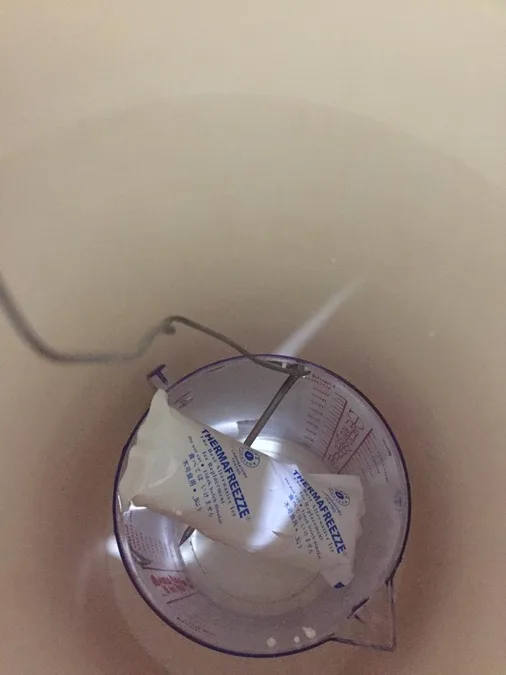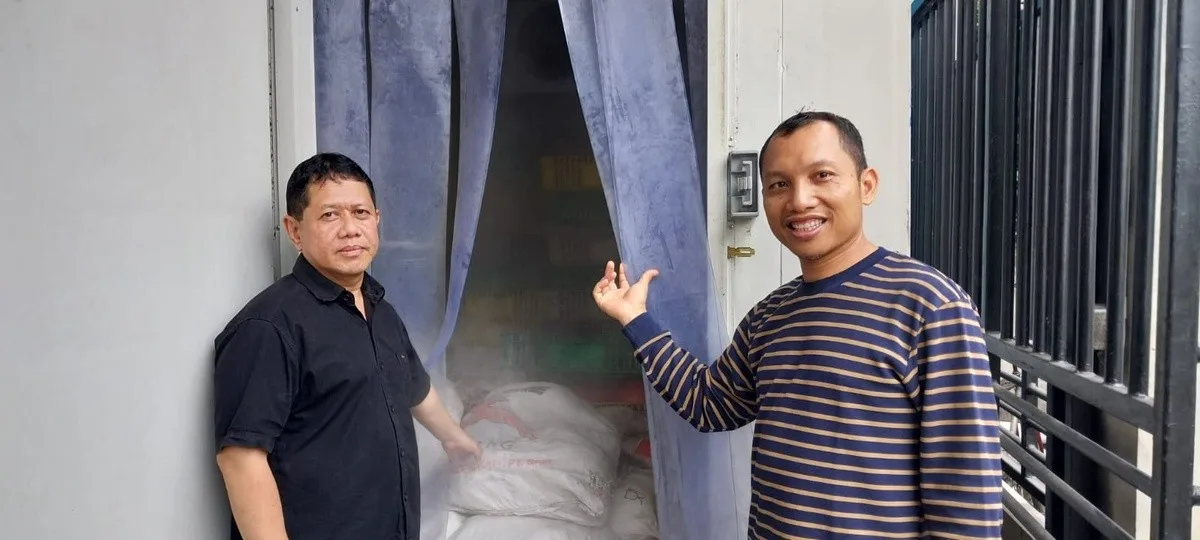UNDIP, Semarang (September 26, 2025) – Universitas Diponegoro (UNDIP) continues to demonstrate its commitment to delivering research with tangible benefits for society. Upholding the spirit of “Noble and Valuable UNDIP,” the lecturers and industry partners are addressing global challenges in food security and energy efficiency by developing an energy-saving cold storage system powered by Phase Change Material (PCM) technology.
Malnutrition, which still affects more than 820 million people worldwide, is closely tied to massive food waste. Each year, an estimated 1.3 billion tons of food are wasted, resulting in losses of USD 940 billion. Fruits and vegetables, which are highly perishable, contribute significantly to this issue. At the same time, food waste leads to higher carbon emissions, wasted production energy, and substantial economic losses.
According to Dr. Mohamad Endy Julianto, S.T., M.T., lecturer in Industrial Chemical Engineering Technology (Teknologi Rekayasa Kimia Industri / TRKI) at UNDIP’s Vocational School, approximately 2.5% of global greenhouse gas emissions originate from food storage systems. “Refrigerant-based cold storage is effective, but its energy use and operational costs are extremely high. In fact, this sector accounts for up to 30% of global energy consumption,” he explained.
To address this challenge, UNDIP researchers, in collaboration with PT Dewa Salju Nusantara, are developing Latent Thermal Energy Storage (LTES) technology. This system uses PCM to store and release energy through phase changes, cutting energy consumption by up to 25%. “With PCM, the risk of food spoilage can be reduced, production costs lowered, and cooling systems made more environmentally friendly,” Endy added.
PCM technology is being applied not only to static cold storage but also to cold-chain transportation. This innovation is expected to benefit farmers, livestock breeders, and small-scale businesses that often struggle with high electricity costs associated with conventional cooling systems.
This research involves cross-disciplinary collaboration. In addition to Dr. Endy, the UNDIP team includes Prof. Dr. Ir. Eflita Yohana, M.T., Ph.D.; Dr. Sri Utami Handayani, S.T., M.T.; Dr. (cand.) Didik Ariwibowo, S.T., M.T.; Hermawan Dwi Ariyanto, S.T., M.Sc., Ph.D.; and Dr. Indah Hartati, S.T., M.T., with additional support from Dr. Ria Desiriani, S.T., M.T. of BRIN. On the industry side, PT Dewa Salju Nusantara, led by Muh Hatiful Choliq, S.T., serves as the primary partner with extensive experience in providing cold storage solutions for the food, pharmaceutical, and medical sectors.
“This PCM-based cooling system is designed using vapor compression technology with two evaporators and one compressor. Heat captured from the air and stored in the storage chamber is stored in the PCM and released efficiently. The system is automatically controlled using solenoid valve actuators, making it more reliable,” Endy explained.
With this innovation, UNDIP reaffirms its role as a university not only focused on advancing knowledge but also on delivering real solutions to community challenges. PCM-based cold storage technology is expected to become a strategic step in supporting sustainable food availability while reducing environmental impacts.
This research initiative aligns with the Ministry’s “Diktisaintek Berdampak” program, which emphasizes the downstreaming of research to ensure that academic innovations bring tangible benefits to society. (Public Communication/ UNDIP–Vocational School/Endy; ed. DHW)











